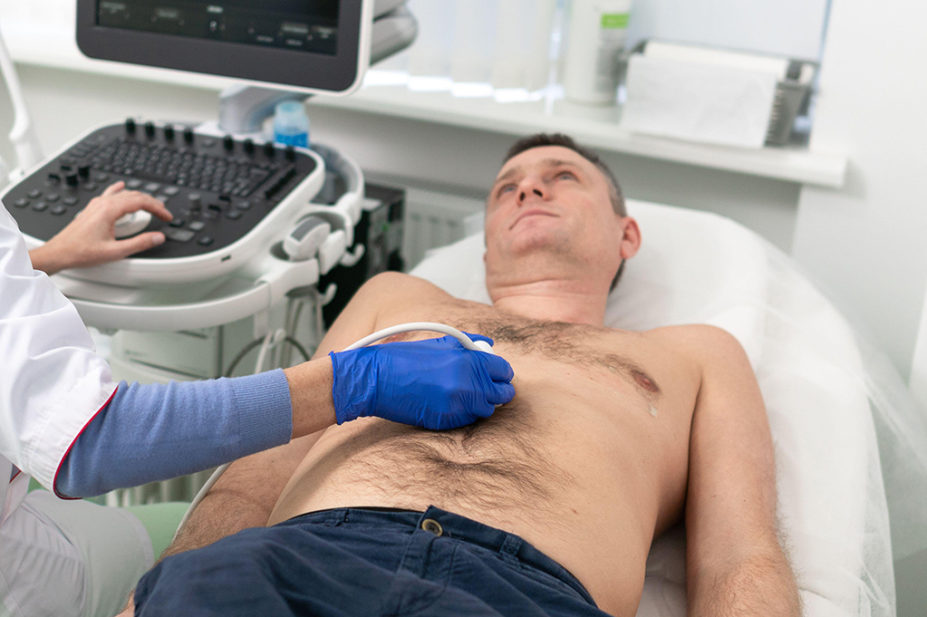
Yelizaveta Tomashevska / Alamy Stock Photo
A study investigating the use of genetic testing in primary care for the prevention of cardiovascular disease (CVD) has been launched in the north of England.
The ‘Healthcare Evaluation of Absolute Risk Testing’ (HEART) study, which will run across ten local GP practices in the north east of England, will combine genetic testing with existing risk assessment methods to identify patients at high risk of CVD.
If extended to all individuals aged 45–64 years in England, it is estimated that the test would identify 700,000 extra people whose risk of CVD is high enough to recommend statin treatment and could cut the number of cardiovascular events in this group by 11,000 over 10 years.
Although the HEART study will focus on CVD, it is hoped that a single blood sample could be used in the future to calculate an individual’s risk of many different common diseases, such as diabetes and osteoporosis, simultaneously. This type of testing would calculate these risks earlier than current methods allow, allowing preventative approaches more time to work.
Around 1,000 healthy volunteers aged 45–64 years will be included in the study, via GP invitation. The participants will provide blood samples during routine GP appointments, the DNA from which will then be analysed.
The algorithms behind the test, developed by Genomics, a UK biotech company that uses large-scale genetic information to develop innovative precision healthcare tools, will then be used to calculate polygenic risk scores — a way to estimate a person’s predisposition to a certain condition or trait based on genetic variants — for each participant.
Risk scores will then be combined with current assessment methods, such as the QRisk algorithm, which uses non-genetic factors, such as blood pressure, cholesterol, age and gender, to estimate the overall risk of CVD for that individual.
The aim of the test is to identify those patients who would benefit from preventative measures, such as lifestyle changes, or statin treatment to lower their cholesterol.
Lead author Ahmet Fuat, a GP specialising in cardiology and honorary professor of primary care cardiology at Durham University, said that the pilot could be “a game-changer” for primary care.
“Prevention is at the heart of general practice and risk assessment underpins that,” he said.
“Genomic testing can improve our identification of patients who need extra management, screening or treatment, and better personalise those interventions to them.
“Common diseases like CVD place a great deal of demand on our resources and anything that helps us use those more efficiently and effectively is incredibly valuable.”
In a press release published by Genomics on 18 January 2022, Dame Sally Davies, former chief medical officer for England, said she believed genomics services needed to be used more broadly and in more patients to drive improvements in care and cost-effectiveness.
“More than five years ago, I wrote that we needed to welcome the genomic era and deliver the genomic dream. The HEART study — the first of its kind anywhere in the world — is evidence that in the UK, the NHS and partners are leading that delivery, and I am excited to see this start.”
Full results are expected to be published later in 2022.
Read more: The Pharmaceutical Journal launches pharmacy project on genomics


